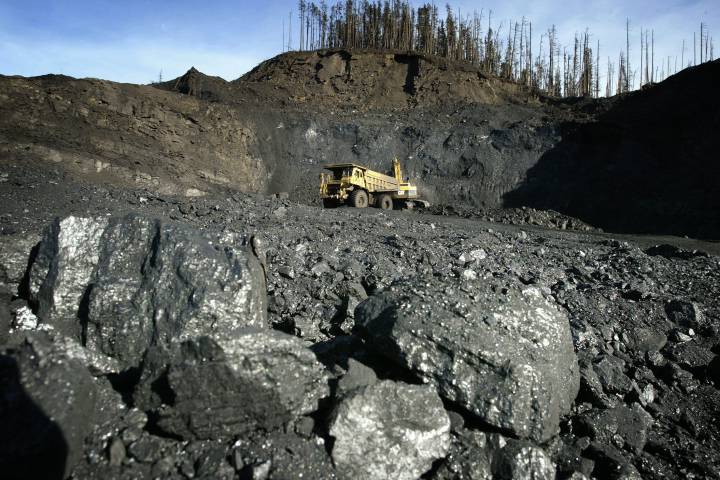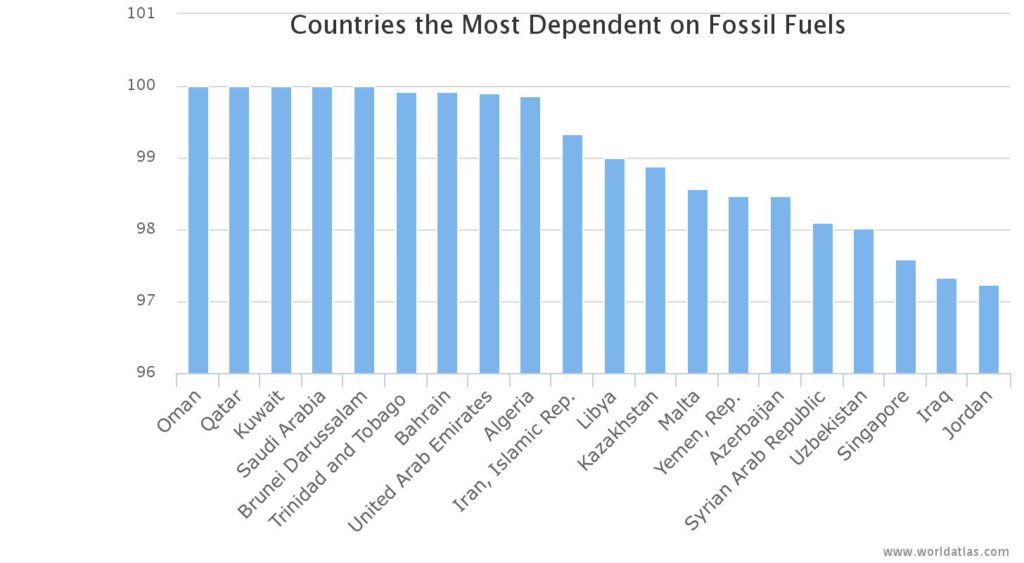By Mary Mwendwa
Fossil fuel subsidies are said to be one of the interventions that would see developing countries like Kenya enjoy the benefits of a green revolution in the recent times.
However, this revolution is perceived to come with new challenges that would see the end users not benefit much from the energy.In Kenya, for example, petroleum and gas are mostly used by those in the urban centers and still a large number of those in the urban centers especially people leaving in informal settlements use other sources of energy.

Susan Onyango, is a middle-aged woman from one of Kenya’s largest informal settlement.She has no idea what fossil fuel subsidies mean to her.”I have lived in the Kibera slums for many years, more than 20 for that matter.I have never used any form of clean energy.I use paraffin because I cannot afford gas as I work as a casual laborer. Paraffin has bad health effects but I have no option, life has not given me the best, so as you talk about subsidies I wonder how I will benefit.”She complains.
Kenya currently is exploring coal in Coastal and Eastern regions which are expected to add 615 megawatts of power to the national grid.However, this kind of project has been facing opposition from the community. Complaints revolve around land acquisition procedures, and delay in release of the environmental and social impact assessment (ESIA).
The question of subsidies in the fossil fuel sector remains a glaring giant to those in the natural gas, coal and petroleum.
Experts in the energy sector say that though subsidies are aimed at protecting consumers, generally subsidies cause fiscal imbalances, They crowd-out priority public spending, and depress private investment, including in the energy sector. Subsidies also distort resource allocation by encouraging excessive:– energy Consumption, – artificially promoting capital-intensive industries.reducing incentives for investment in renewable energy; and – accelerating the depletion of natural resources. Most subsidy benefits are captured by higher income households, reinforcing inequality; Affects future generations through the damaging effects of increased energy consumption on global warming.
UNEP’s “Green Economy Assessment Report of Kenya”, highlights that Kenya’s transition to a green economy through fiscal investment of 2% of GDP could produce substantial benefits: by 2030, a green economy could outperform business as usual by 12% or KES 3.6 trillion .These investments could also stimulate the agricultural yield by 15 per cent from its current baseline as well as reduce energy consumption by 2 per cent. Additionally, renewable energy could grow by 20 per cent. Based on the findings, positive returns could be realized within seven to ten years.














